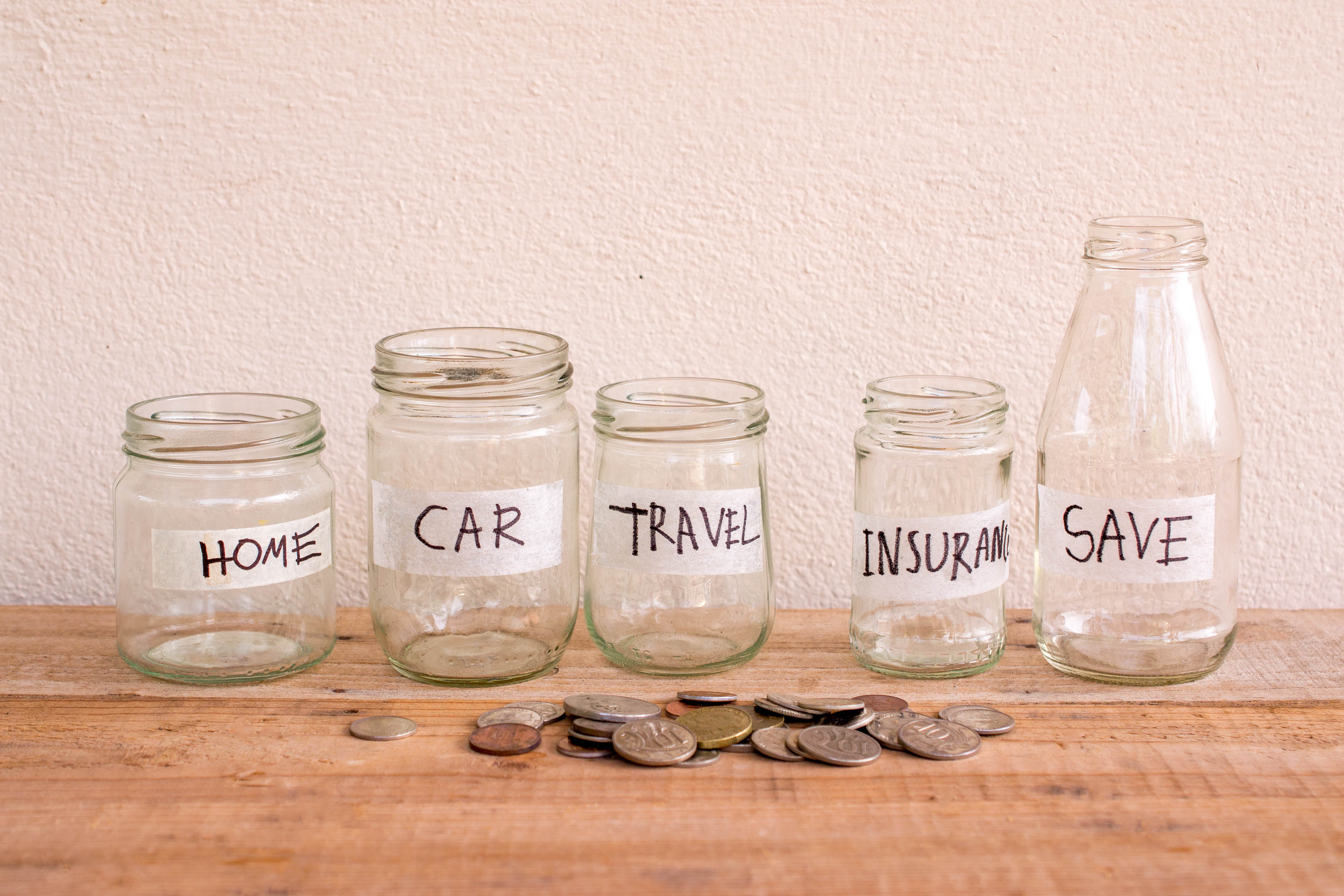
Month End Woes
Since I graduated college and entered into the world of the working professional, I’ve been afflicted with the same disease as most other yuppies. I always seem to be asking someone else to buy my lunch for me at the end of the month.
I do the same thing as most others. I tend to splurge when I do get my paycheck, and a week into the new month, I find that I’ll have to live sparingly if I want to feed myself.
And it still doesn’t work. But all of that has changed over the better part of the last year. It wasn’t just that I got a higher paying job, but that I was wondering what I could do to keep checks on my unchecked spending.
If you’re someone that is facing the very same trials and tribulations, I’ve got some good news for you. You can have a decent meal at the end of the month as well. And here’s how.

Break Out The Excel Sheet
Don’t close the article just yet!
I know it might sound boring, but it’s not that bad. Excel is a great way to keep track of your budget and to plan for a month ahead. Before you receive your next month’s paycheck, here are all the columns that you’ll want to have.

First off, enter in how much One set of expenses will be the dreaded bills. This includes rent, electricity, phone, WiFi, and other utilities. Use simple formulae to find out the total spending.
The next thing you need to do is find out how much you’re spending on things that you don’t need.
For instance, do you need to go out for a fancy lunch for the first week of the month? Can’t you make do with the cheaper place nearby? Do you need to get those fantastic shoes when you’ve already got five pairs sitting and collecting dust in the closet?
Find out which expenses you can live without, and make a note of them all. (I’ll cover this at a later point)
Have More Than One Bank Account
This one was pretty simple for me since every office I joined pretty much asked me to make an account with the bank of their choice.
And this might seem superfluous. How are more bank accounts going to help me when I can’t even keep one account in order?
For me, there was always one card that I usually whipped out whenever I wanted to order lunch or buy those high-end headphones.
This also means that there were some cards that I didn’t use as often. I even kept some cards at home, since my wallet didn’t have enough card slots for them, and they had to go.

30 seconds after you get the SMS notification that your salary has been credited, the first thing that you should do is to transfer a portion of your salary into another account that you won’t touch as often.
Make sure that this amount is something that you can afford. Otherwise, you’ll be forced to break out the other card, and that defeats the entire purpose of this exercise.
Another thing that you can do is to use the extra account as your primary spending account. Transfer a set amount of money into that account every week, like a thousand rupees, and make it a point to use only that much for that week. With this, you learn some level of control.
And over time, you also train yourself not to spend any more than you have to.
Install A Money Management App
A good money management app does a lot to help you. You’ll find out where you spent money, and you can work on reducing wherever you need.
Personally, I use Walnut on Android. It’s a great app and something that has been immensely helpful over the last few months. The setup is easy, and it registers my spending pretty accurately.
At the end of the month, I look at the places where I have spent the most money—*cough*restaurants*cough* and reduce it if I find it to be superfluous and not a one-off celebration.
In the past, our parents did this by keeping an account book and noting where we’ve spent everything, and if you think that is a better way to go about it, that’s perfectly fine as well.
Set Realistic Goals For Yourself
This is one of the essential tasks of them all on this list. Setting realistic goals is important.
I’ve been there. Setting goals which seem like the most optimal method to save the most amount of money possible, and finding wherever you can squeeze yourself dry to save that extra 5 rupees.
But that doesn’t work. Forcing yourself to change to a new schedule frustrates you drastically. It demeans you, and it encourages you to go out and buy a tub of ice cream and binge watch “2 Broke Girls” on Netflix.

Set gradual targets for yourself.
If you consistently find yourself broke at the end of the month, start off by trying to have a thousand rupees on hand at the end of the first month. Work your way up to more savings. This way, you’re not forcing yourself to adapt to something that you aren’t comfortable with, but you are taking steps.
That is the most important thing. Change is gradual, and it’s okay that way.
Start Locking In Your Money
By this, I mean start investing. Money that sits idly in the bank isn’t working for you. You should be doing something worthwhile with it, and a good and secure place to start is through fixed deposits.
They can be opened for relatively small amounts over a variety of maturity periods, and it’s a good idea to keep that money locked in. That way, you won’t be forced to spend it, since you know there is a penalty for breaking the maturity period.
Here are a few great tips that I’ve learned-
Tip #1
Don’t lock in all your money into one significant deposit with a long time. It’ll take an eon to get back to you, and it’s honestly not worth it if and when you have any emergencies during that time.
Tip #2
Have a good portfolio. Lock in one fixed deposit for a year, another for two years, and one for six months. This way, there are regular intervals where you will get the invested money back.

Tip #3
Don’t spend the money once you get it back, not unless you need it. If you find that you can live without that cash, you can reinvest the whole thing back into another fixed deposit, and banks will reward you for that.
Tip #4
If you find that you are in an emergency and you need money badly, your first thought shouldn’t be breaking your fixed deposits. Banks have a provision to give you a loan with your fixed deposit as security. Use that, and you’re still getting the money you need, without having to break fixed deposits.
Treat Yourself
Yep. You heard me right. Go ahead, treat yourself.
After the first month, you find that you have saved money and not started begging your colleagues for food, then that’s cause for celebration. So, buy yourself something nice.

It can be a nice dinner. It can be a new pair of shoes, it can be a new pair of earphones since your old ones don’t play out of one ear.
This is motivating yourself positively. You are promoting it within yourself that you are doing something right, and that deserves a small reward.
It can be small the first few months, but over time, you can focus on getting something nice, like a new phone.
And The Takeaway Is . . .
It is empowering when you have your own money, and you know that you can do anything that you want with it. But with great power comes great responsibility.

You won’t be young forever, and that means that you should be taking steps to ensure that you are doing something to give yourself a financial cushion for the future, and for emergencies if anything does happen.
Money management doesn’t have to be hard or a pain. It can be done gradually, and you don’t have to step away from your lifestyle too much to achieve it.















